The Sustainable Forestry Initiative Inc. (SFI) has launched a partnership to develop a new SFI Urban and Community Forest Sustainability Standard for application in North America and potentially globally. SFI will collaborate with five urban forestry leaders: American Forests, Arbor Day Foundation, the International Society of Arboriculture, the Society of Municipal Arborists, and Tree Canada.
A task group composed of leading experts will develop the new SFI Urban and Community Forest Sustainability Standard. The partnership and task group will explore opportunities to seek remedies for the climate crisis and other serious challenges that urban forests are ideally positioned to help address, including access to public spaces, social cohesion and more.
Continue reading “Urban Forestry Sustainability Standards to be Developed”

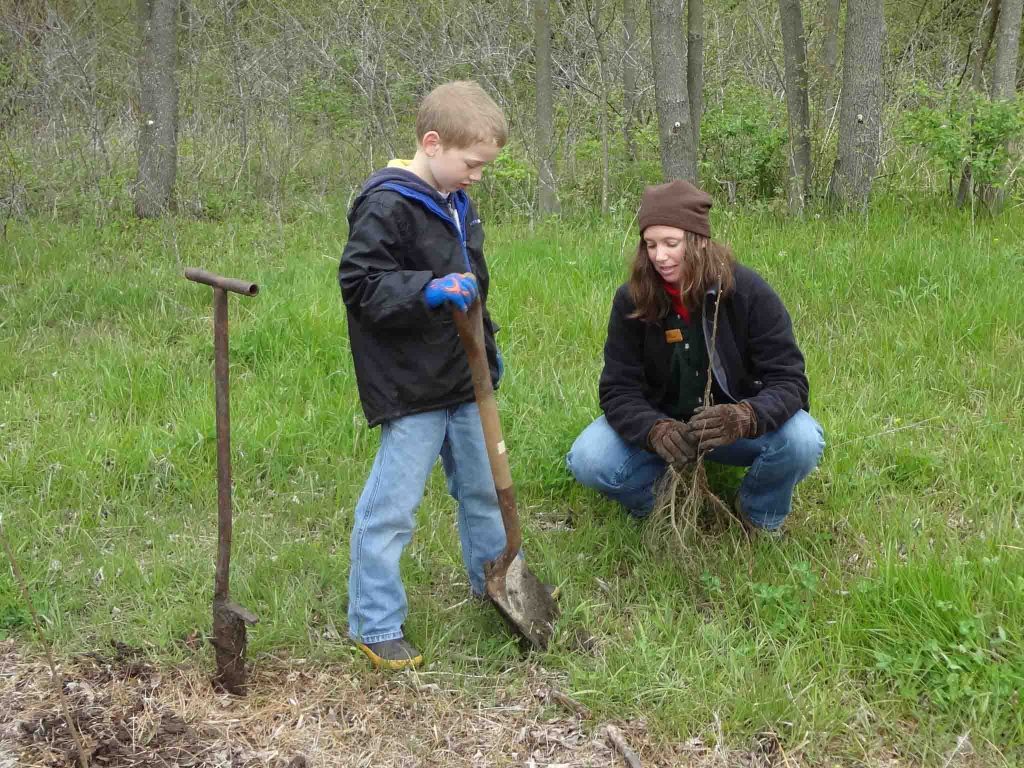 Due to the ongoing COVID-19 pandemic, the Arbor Day Foundation has suspended their requirement to hold a public Arbor Day celebration in 2021. Communities will be able to maintain their Tree City USA designations without meeting this standard. An Arbor Day proclamation is still a requirement.
Due to the ongoing COVID-19 pandemic, the Arbor Day Foundation has suspended their requirement to hold a public Arbor Day celebration in 2021. Communities will be able to maintain their Tree City USA designations without meeting this standard. An Arbor Day proclamation is still a requirement.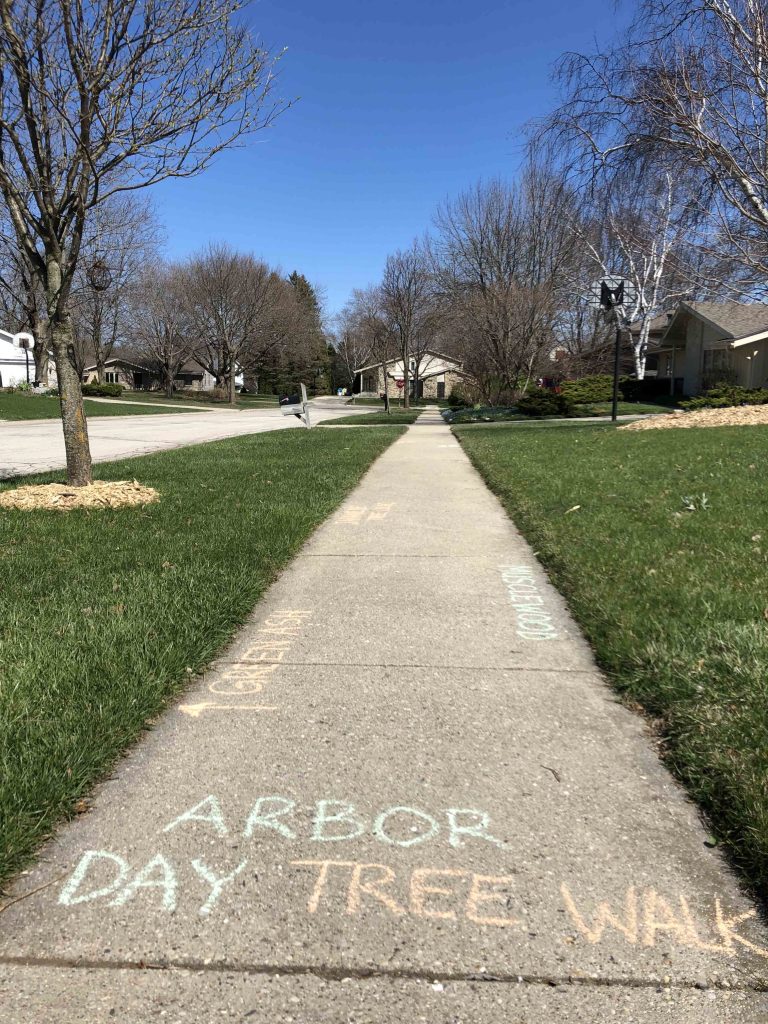 Looking for ideas for celebrating Arbor Day during the pandemic? Here are a dozen possibilities:
Looking for ideas for celebrating Arbor Day during the pandemic? Here are a dozen possibilities: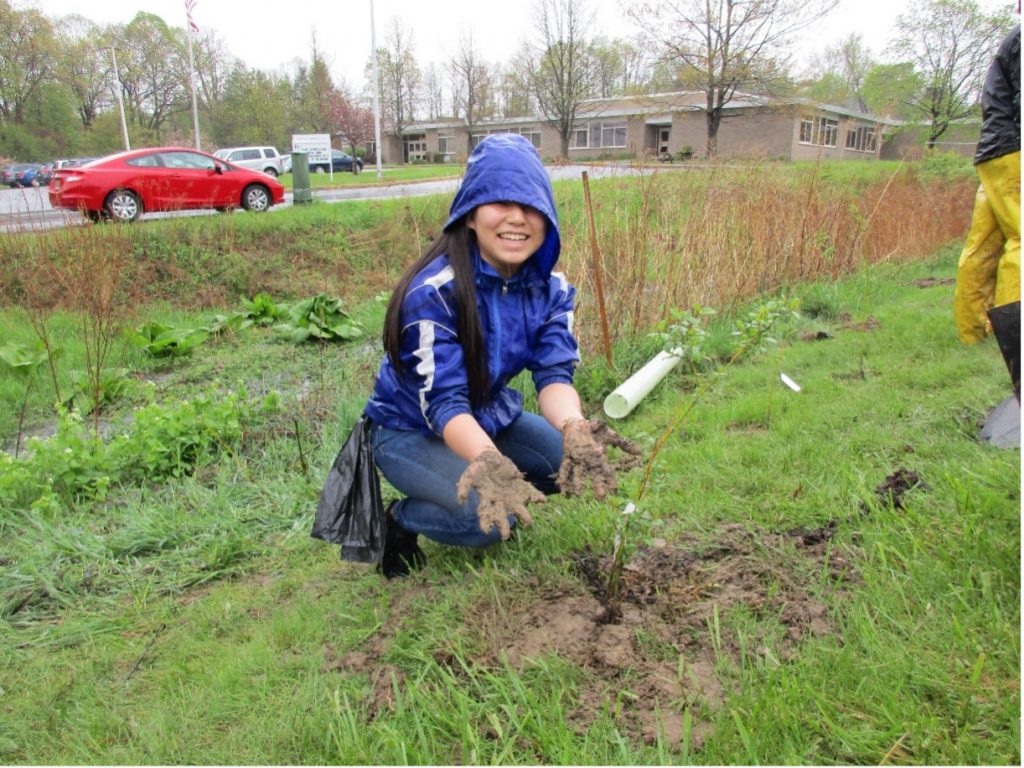 April 26-30 is
April 26-30 is 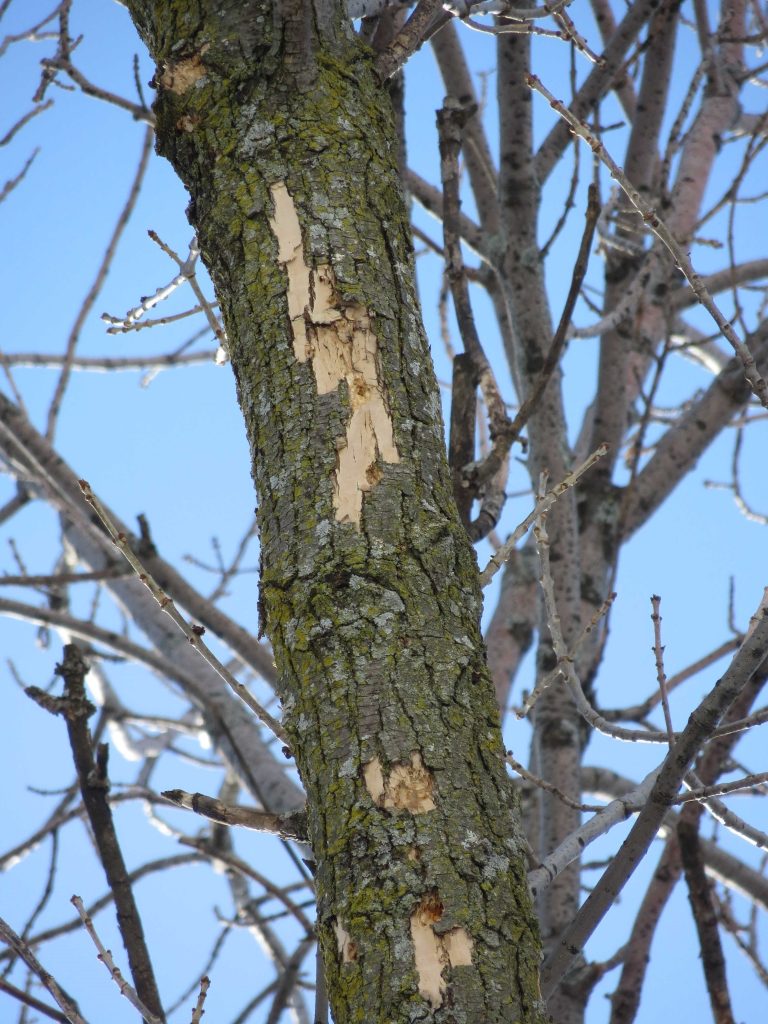
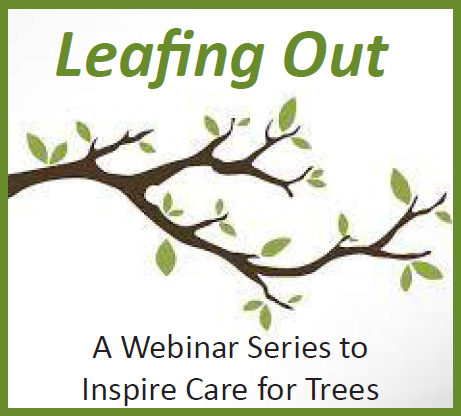 Leafing Out, Episode 5: Common Tree Diseases With Brian Hudelson
Leafing Out, Episode 5: Common Tree Diseases With Brian Hudelson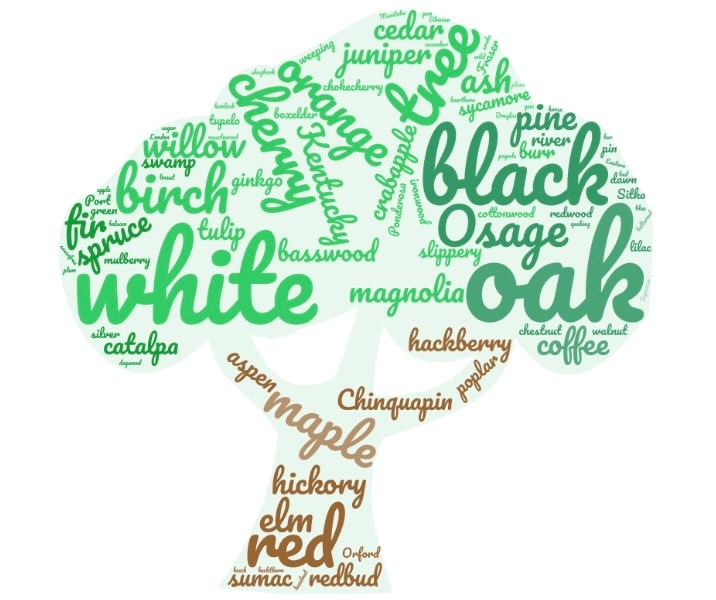 “What kind of tree should I plant?” We are often asked that question as urban foresters. For me, the first thing that comes to mind is, “not a maple!”
“What kind of tree should I plant?” We are often asked that question as urban foresters. For me, the first thing that comes to mind is, “not a maple!”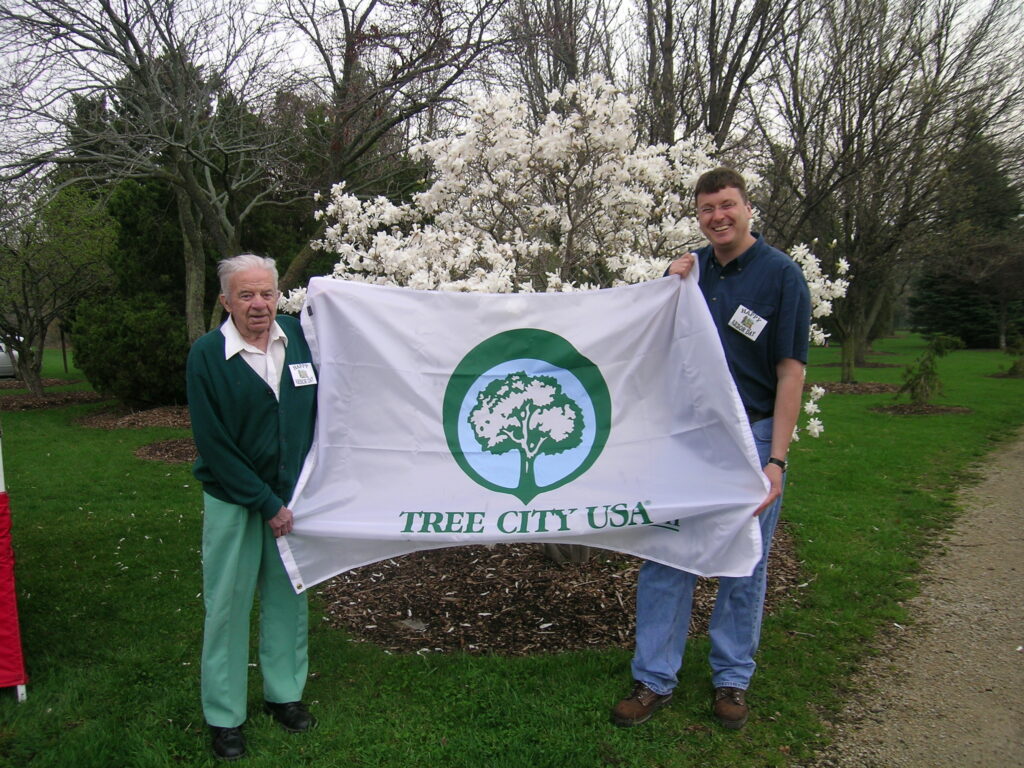 Tree City, Tree Campus and Tree Line USA program participants: please review the Arbor Day Foundation’s following expectations regarding the 2021 program recognition standards.
Tree City, Tree Campus and Tree Line USA program participants: please review the Arbor Day Foundation’s following expectations regarding the 2021 program recognition standards.